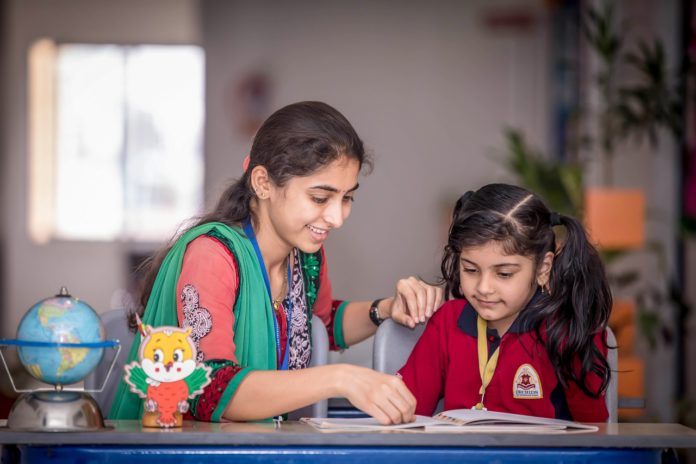Learning disability is probably one of the labels no parent wants to hear. Unfortunately, with nearly 4 million children already diagnosed with learning disabilities, the problem is more common for parents than you may think. The good news is that research has improved massively in this subject, and it is less difficult for loving parents to support their children struggling with this. So, has your child been diagnosed with any learning disorder? Don’t be pulling your hair out. You can use the following tips to help them live up to their learning potential.
- Individual therapy
Some parents put their teens in individual therapy for a short period immediately following the diagnosis. And this helps a lot, as it equips both the parent and child with the emotional support needed to navigate being ‘different.’ Such therapy sessions teach the child how to identify and focus more on their strengths than dwelling on their weaknesses. They also help prepare the child’s mind for the challenges ahead while assisting the parent with the much-needed resources to help their teens manage their learning difficulties. It will also be a good idea to speak with your teens and learn a lot of new things about them on why they are struggling or if there is a particular reason why, Look into this study by parentingpod.com to learn more on how to communicate with your teens the right way.
- Speak to your teen’s educator
After the diagnosis, it is important to inform your child’s teacher about their special needs. This way, you can collaborate with the teachers to come up with the best teaching strategies to help your teen not only cope but also do well with their academics. An educator can also monitor the child’s progress to identify which areas of their learning difficulties require more attention.
If your child’s current school lacks the resources to assist your teen with their learning, it’s best to look for dedicated schools or trained teachers.
- Get tutors if you’re homeschooling
What if you’re homeschooling our teen or prefer to homeschool? If it’s your first time homeschooling a teen with special learning needs, it’s essential not to ignore professional help. You can invite specially trained tutors to manage your child’s studies at home. Many experts consider homeschooling to be a better option for children with learning disabilities, as it protects the child from social abuse and gives them the chance to learn at their own pace. Thankfully, you can find several learning materials to assist your child in learning while at home. For example, you can take advantage of phonics for middle school to help your teen develop their decoding skills.
- Find support groups for teens with learning disabilities
Some schools, institutions, clubs, etc., organize support for children with disabilities. And this can prove very beneficial, especially for teens. Find out from your child’s school if such support groups exist. You can also go online to search for local support groups near you that offer assistance for the specific learning disability your teen suffers from.
Don’t get it wrong; supporting a child with a learning disability can be tough, so try and get all the help you need. Be sure to get your partner, trusted friends, family members, etc., to chip in as much as possible, so you don’t break from the burden of responsibility.


